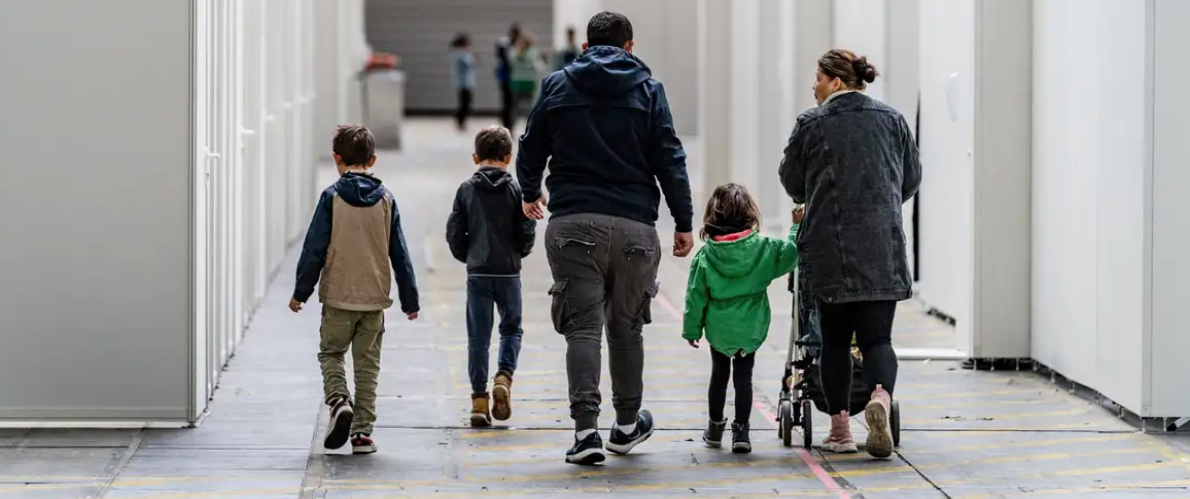The German Parliament (Bundestag) held a preliminary debate on the government’s proposal to suspend family reunification for individuals granted subsidiary protection for two years. The proposal, submitted by Federal Minister of the Interior Alexander Dobrindt and approved by the Federal Government (Bundesregierung), has faced widespread criticism from opposition parties, civil society organizations, and major churches. Opposition members harshly criticized the proposal during the debate. Green Party MP Shahina Gambir described it as inhumane, stating, “Suspending family reunification causes human suffering and hinders integration. Those who block legal pathways only encourage the work of smugglers.”
Leftist MP Clara Bünger accused the Federal Minister of the Interior of pushing people toward illegal immigration, stating, “The Minister is eliminating the last legal pathway for asylum seekers. Suspending family reunification goes against Christian and family values.”
Members of the Social Democratic Party (SPD) also criticized the proposal. SPD MP Rasha Nasr referred to the compromise her party accepted in the coalition agreement and acknowledged that the measure would harm refugees: “Families will remain separated, children will have to integrate on their own, and spouses won’t know when they’ll see each other again.”
The Young Socialists in the SPD strongly criticized the coalition’s plans to tighten immigration policy. Philipp Türmer, head of the youth organization, stated that family reunification is a moral obligation aimed at promoting effective integration. “We, the Young Socialists, believe this is wrong,” Türmer said. “The path chosen harms the integration of people living in the country. We have never downplayed the importance of family reunification to us.” He described the coalition agreement as a “moral dilemma” and referred to the coalition’s compromise on family reunification as “deeply painful.” Türmer urged that family reunification remain a readily available option as soon as possible.
Conversely, Dobrindt defended the proposal, stressing the need for a shift in immigration policy. According to him, the federal states have reached their capacity to accommodate migrants, and the suspension of family reunification is part of a broader set of measures aimed at curbing illegal immigration. Dobrindt stated, “The problem of illegal migration cannot be solved with the push of a button. A range of measures is needed—at both the national and European levels. The federal government is now gradually implementing these measures.”
Under the current law, 1,000 cases of family reunification are permitted each month, including parents of minors, spouses, and children. The government’s proposal aims to suspend reunification for two years, with exceptions for urgent cases such as pregnant women. If the proposal is approved, it would particularly affect Syrians, as many of them reside in Germany under subsidiary protection status.





